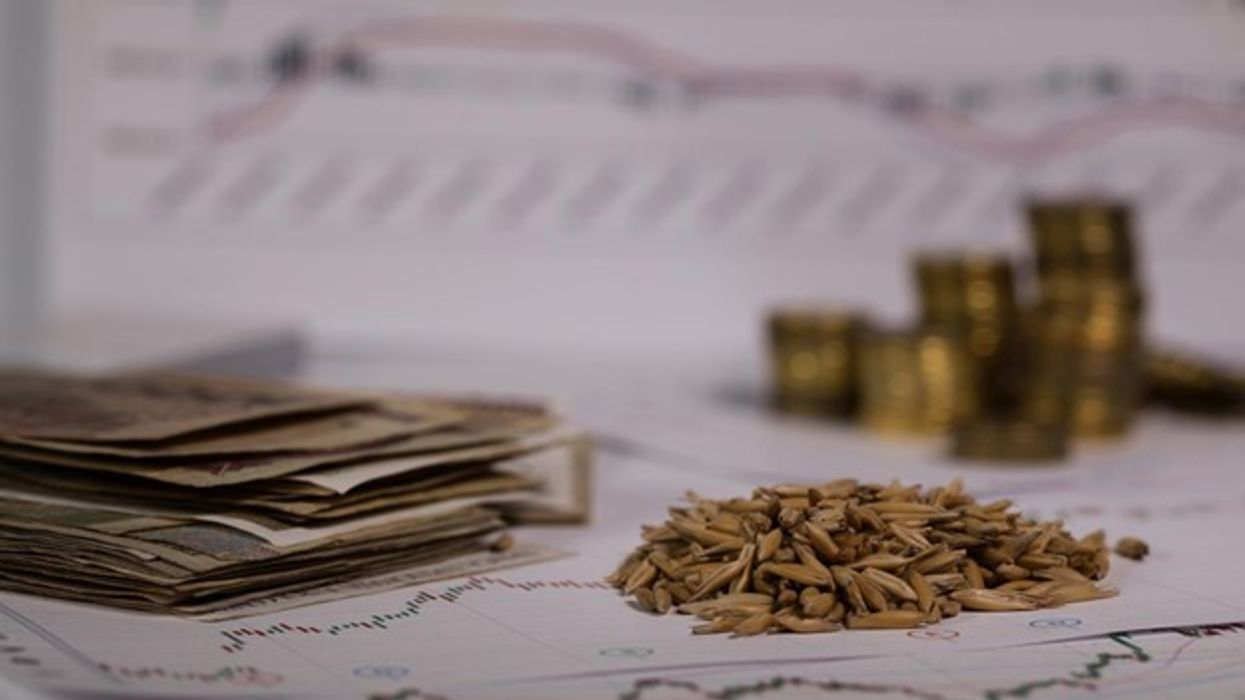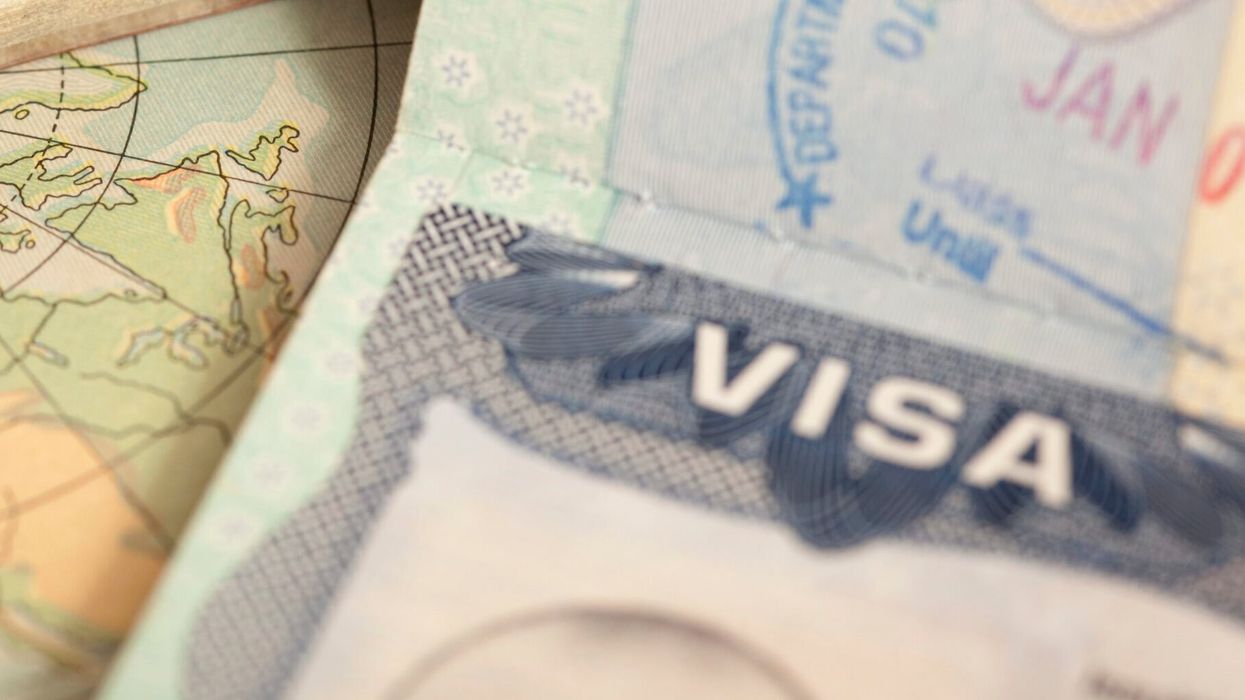Investing in commodities is one of the best options to diversify your financial portfolio by investing in commodities. Commodities, ranging from metals to agricultural products, provide unique opportunities for hedging against inflation and market volatility. Choosing the right commodity requires knowledge, patience, and an understanding of market trends.
This guide provides an overview of different commodities, major factors to consider when choosing a commodity, and ways to choose the one that fits one's financial goals and level of risk tolerance.
Understanding Commodity Investment
Commodities are tangible goods, including metals like gold and silver, energy-based products like oil and natural gas, agricultural products like wheat and coffee, and livestock. Unlike stocks and bonds, commodities are actual, tangible products that can be traded in the global marketplace, with gold trading being a popular example. Investment in commodities involves investing in such assets in various forms via futures contracts, ETFs, and commodity-focused mutual funds.
The price is never set in stone and constantly fluctuates with the dynamic nature of supply and demand, political factors, and economic indicators. Understanding what drives any one commodity is essential for investing in it. Now, let's break down some categories of commodities and discuss how you might determine which will suit your investment goals best.
Evaluating Precious Metals: Gold Trading and Beyond
The value of precious metals, especially gold, has long been recognized. Strong in times of economic depression, trading in gold is a strong option if one is looking for a commodity that tends to retain its value. Gold prices tend to rise during stock market turbulence, making it popular among safe-haven investors.
Yet, there is more to metals than just gold. You may also consider silver, platinum, and palladium as viable alternatives, all with specific uses related to industries such as electronics, automotive, and renewable energies. Determine the most appropriate precious metal based on factors concerning supply and demand, industrial application, and geopolitical effects.
Key Consideration: The trading of gold provides stability, yet it usually lacks the potential for those quick spikes common in much more volatile commodities. If your goal is to preserve wealth, then gold or other precious metals might suit your purpose.
Energy Commodities: Oil and Natural Gas
Energy commodities serve as the backbone of the world economy; these include crude oil and natural gas. Due to their attachment to the base of many key industries, political events, technological changes, and changes in environmental regulations strongly influence them.
Energy commodities can be a good option for investment, but they are highly volatile at the same time. This class of asset is susceptible to geopolitical tension, breakdowns in supply chains, and the decisions made by OPEC. Make sure to consider your risk tolerance before investing in it since energy commodities are among the most volatile assets.
Key Consideration: Investors who are willing to tolerate a higher degree of risk in pursuit of a reward may find oil and natural gas to be attractively positioned. Energy markets can be extremely sensitive to changes in worldwide events.
Agricultural Commodities: Wheat, Corn, and Coffee
Agricultural commodities are subject to seasonal patterns, weather conditions, and trade policy. Being perishable, unlike the metal and energy asset classes, contributes another unique set of challenges and considerations when investing in the asset class.
Food commodity futures like wheat, corn, and coffee are popular. Each faces different environmental factors, global demand, and crop yield. Agriculture investing will be very rewarding when you finally have seasonality and growth cycles down pat for specific crops.
Key Consideration: If you prefer investing in physical consumable items, agricultural commodities may work best. Yet, it requires careful analysis of market conditions and production trends.
Factors to Consider When Choosing a Commodity
1. Market Volatility
Not all commodities are created equal. Some are more volatile than others; some metals tend to experience less fluctuation than agricultural products, the supply of which may wax and wane depending on weather conditions. Consider your appetite for risk and the resultant possible volatility. While some investors appreciate the relative reliability of gold, for example, others like the possible jackpot nature of oil or foodstuff commodities.
2. Economic Trends and Cycles
You may also foresee the performance of some commodities using economic trends. For example, precious metals usually appear more attractive when there is a decline in economic conditions, though energy commodities tend to do well when economic conditions are rising. Understanding how each type of commodity reacts to economic changes will assist you in timing your investments and help you match up better with what is currently taking place.
3. Geopolitical Factors
Geopolitical factors have significant relevance to the price of commodities, especially in the energy markets. Disturbances in regions that produce oil lead to immediate price hikes, while disputes in trade hinder the exportation of agricultural commodities. Investors should to stay informed about global political affairs if planning to invest in commodities that are influenced by geopolitical events.
4. Investment Horizon
Commodities can be appropriate for both short- and long-term investments, but it is crucial to correlate your decisions with your investment horizon. For example, gold may be considered a long-term investment, while oil might be fitting for shorter-term trades considering its fluctuating prices. Determine your investment time frame before deciding on a commodity.
5. Access to Market Data and Research
For any commodity investor, access to good data and the latest research is the most valuable commodity. With commodities ranging from oil to gold to agricultural products, markets may end up being influenced by current events. You have to subscribe to industry reports, follow the economic indicators, and keep up with policy changes.
Diversifying Your Commodity Investments
There are ways of reducing risk, and that's through diversification. Avoid putting all your capital into one commodity, but rather diversify across categories. You could balance gold against energy commodities or agricultural produce to spread the investments across different asset classes. Diversification reduces risk within the commodities market and allows for benefits from different economic cycles.
Choosing the Right Method for Commodity Investment
Several means are available to an investor for reaching commodity markets, which may have their respective advantageous and disadvantageous sides. These include:
Physical Commodities: You can buy physical gold, silver, and other commodities and take delivery of the said asset. However, commodities in physical form attract additional costs due to storage and insurance.
Commodity Futures: These are agreements to sell or purchase a certain kind of commodity at a specific price at a certain time in the future. This method allows for speculation on the movement of prices, while one should be prepared for a higher degree of risk on account of widely fluctuating prices.
Exchange-Traded Funds (ETFs): An ETF lets you invest in a basket of commodities without having to actually buy them. They offer liquidity and diversification but can have a management fee.
Mutual Funds and Index Funds: There are mutual funds focused on commodities or sector-specific index funds like those in energy or metals. Since they are professionally managed, they would be ideal for an inexperienced investor.
Key Tips for Choosing the Best Commodity for You
Identify Your Goals: Is it a short-term gain, a long-term investment, or to hedge against inflation? These objectives will determine the commodity type you'll focus on.
Understand the Risks: Commodities are naturally volatile and perhaps have even bigger price swings than most other investment options. Understand your risk tolerance and invest accordingly.
Do Your Research: Everything from weather patterns to geopolitical issues can influence the price of commodities. The more knowledgeable you are, the better decisions you can make about your investments.
Consider Diversification: Never place all your eggs in the same basket. Diversification balance your portfolio and reduce risks.
Stay Updated on Global Events: Commodity markets are sensitive to global events. Thus, awareness about international events can facilitate your ability to make timely investment decisions.
Common Mistakes to Avoid
While investing in commodities, there are common mistakes one should avoid because these tend to dislocate your financial goals from their achievement.
Overtrading: Commodity markets are too volatile; hence, too frequent trading leads to a high cost of transactions and, eventually, loss.
Ignoring Research: Commodity investment involves a deep understanding of market forces and industry trends. Avoid making unwarranted decisions without proper research.
Lack of Diversification: All investments in a single commodity type will expose you to more risks; instead, diversify your portfolio into different types of commodities.
Failing to Consider Storage Costs: Regarding gold as a physical investment product, one needs to be more considerate about the storage costs associated with physical gold.
In Closing
You need to choose a commodity based on your financial goals, risk tolerance, and knowledge regarding market dynamics. The options are from the stability of gold trading down to the upside of energy and agricultural commodities, all carrying their unique sets of opportunities and challenges. You can make educated decisions and diversify your portfolio based on volatility, market trends, and economic indicators.
Furthermore, commodities will add value to your investment strategy with an asset class that is bound to perform well under different economic conditions. Make the right investment, stay well-informed, and remember, the right choice is the well-researched choice to succeed with a commodity investment.




